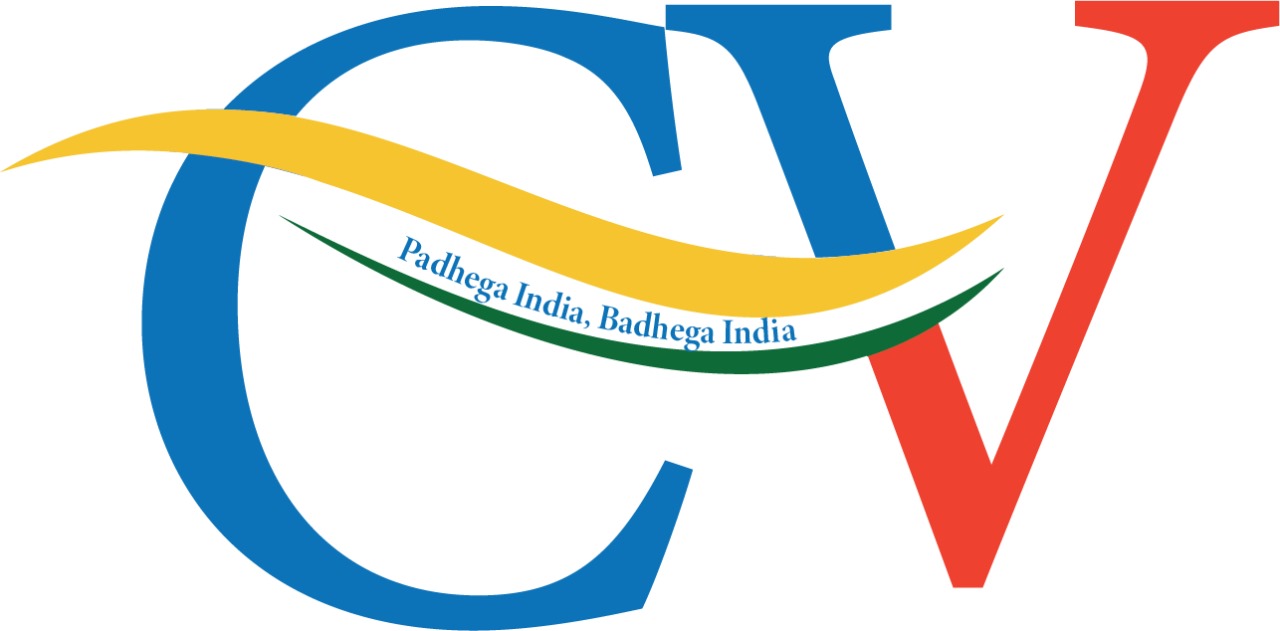The MEXT (Monbukagakusho) Scholarship, offered by the Japanese Ministry of Education, Culture, Sports, Science and Technology, aims to promote mutual understanding and strengthen bonds between Japan and other countries by providing scholarships to international students who wish to study in Japan.
Eligibility:
- Nationality: Must have the nationality of a country that has diplomatic relations with Japan.
- Age: Generally, under 35 years old for research students and under 25 years old for undergraduate students at the time of application.
- Academic Background:
- Research Students: Must have completed 16 years of formal education (equivalent to a bachelor's degree).
- Undergraduate Students: Must have completed 12 years of formal education or equivalent.
- Language Proficiency: Must be willing to learn Japanese and interested in Japan. Japanese language proficiency may be required depending on the course.
Benefits:
- Full Tuition Coverage: Tuition fees for preparatory education and university are covered.
- Monthly Allowance:
- Research Students: Approximately ¥143,000 - ¥145,000 per month.
- Undergraduate Students: Approximately ¥117,000 per month.
- Travel Expenses: A round-trip airfare to and from Japan.
- Preparatory Education: Japanese language education and other subjects are needed for the successful completion of the study.
The application process usually involves submitting documents through the Japanese embassy or consulate in the applicant's country, followed by written exams and interviews.
Opening Date: 29-Jan-2026 02:18 AM
Closing Date: 29-Jan-2026 02:18 AM
The MEXT (Monbukagakusho) Scholarship syllabus can vary depending on the level and field of study.
Undergraduate Studies:
Undergraduate programs typically span four to five years, including one year of preparatory Japanese language education.
General Education (First Year):
- Japanese Language: Intensive Japanese language courses to help students achieve proficiency.
- Japanese Culture and Society: Introduction to Japanese history, culture, and society.
- Basic Sciences: Depending on the chosen field, basic courses in mathematics, physics, chemistry, and biology.
Specialized Education (Subsequent Years):
- Courses will vary depending on the chosen major (e.g., Engineering, Humanities, Social Sciences, Natural Sciences).
- Includes lectures, practical labs, seminars, and project work.
Research (Graduate) Studies:
Graduate programs (Master’s or PhD) include advanced coursework and research projects.
Preparatory Education:
- Japanese Language: Intensive language courses if required.
- Research Methodologies: Courses on research methodologies relevant to the field of study.
Specialized Education:
- Core Courses: Advanced courses in the chosen field of study.
- Research Work: Independent research under the supervision of a faculty advisor, leading to a thesis or dissertation.
- Seminars and Workshops: Attend seminars and workshops to present and discuss research findings.
Specialized Training College (Senshu-Gakko):
These programs typically last three years, including one year of preparatory Japanese language education.
General Education (First Year):
- Japanese Language: Intensive Japanese language courses.
- Basic Courses: Courses related to the chosen field of training (e.g., technology, business, fashion).
Specialized Education (Subsequent Years):
- Vocational Courses: Practical and theoretical courses specific to the chosen field.
- Internships and Practical Training: Hands-on training through internships and practical sessions.
College of Technology (Kosen):
Programs are usually five years long, with the option for an additional two years for advanced studies.
General Education:
- Japanese Language: Intensive language courses.
- Basic Sciences and Mathematics: Foundational courses in sciences and mathematics.
Specialized Education:
- Engineering and Technology Courses: Courses in various engineering disciplines.
- Laboratories and Projects: Practical lab work and project-based learning.
Preparatory Japanese Language Program:
For those without sufficient Japanese proficiency, the preparatory program includes:
- Intensive Japanese Language: Focus on reading, writing, listening, and speaking.
- Cultural Studies: Introduction to Japanese culture and society to aid in cultural adaptation.
Guidelines
- All questions are mandatory and there is no negative marking.
- Duration: minutes
- Total Questions:
- Question Type: MCQ
Disclaimer
- Read the question carefully.
- Select the best answer from the provided options.
- Ensure you have a stable Internet connection.
- After selecting your answer, click on the "Submit" button.
